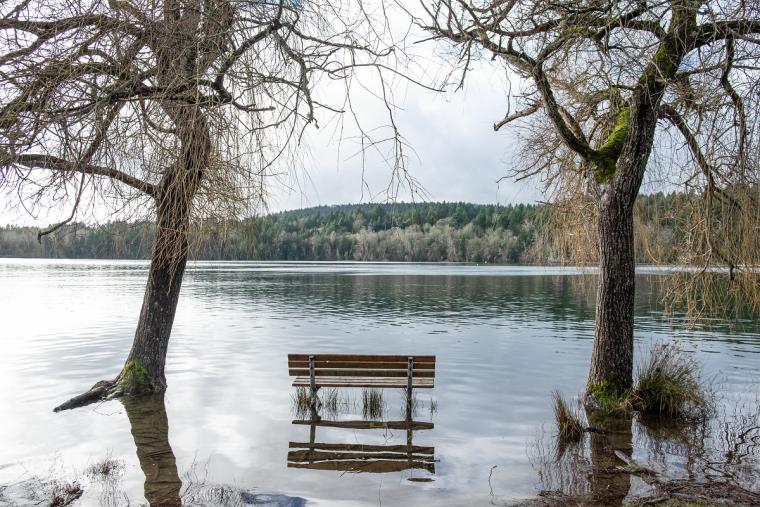- Managing your Practice
-
- Your Benefits
-

Introducing the ultimate Club MD experience
From work to play, and everything in between, we provide you with access to hundreds of deals from recognizable, best-in-class brands, elevating every facet of your life – from practice supports to entertainment, restaurants, electronics, travel, health and wellness, and more. Your Club MD membership ensures that these deals are exclusive to you, eliminating the need to search or negotiate.
Welcome to the ultimate Club MD experience. Your membership, your choices, your journey.
-
- Advocacy & Policy
-
- Collaboration
- News & Events
-

Stay Informed
Stay up to date with important information that impacts the profession and your practice. Doctors of BC provides a range of newsletters that target areas of interest to you.
Subscribe to the President's Letter
Subscribe to Newsletters
-
- About Us
-

The importance of Earth Day each and every day
April 21, 2022
Together for Health
On April 22, a billion people from 192 countries around the world will come together to celebrate Earth Day – a day about raising public awareness about environmental issues affecting our planet and, over the last few years, protesting climate change and global warming. Yet despite celebrating this annual event for over 50 years, our planet is on a fast-track to disaster making the fight for a clean environment more urgent than ever.

Climate change vs global warming
Understanding the difference between these two terms can be confusing. Global warming only refers to Earth’s rising surface temperature while climate change includes that warming as well as its consequences – like melting glaciers, heavier rainstorms, or more frequent drought. In other words, global warming is one part of a much larger problem of human-caused climate change.
Typically, global warming refers to human-caused warming — warming due to the rapid increase in carbon dioxide and other greenhouse gases caused by burning coal, oil, and gas; emitting aerosol pollution into the atmosphere; or deforestation (transforming Earth's landscape from carbon-storing forests to farmland). Climate change, on the other hand, can refer to both human-caused changes or natural ones, such as ice ages.
How you can help
The first Earth Day was held in 1970 and is often considered the start of the modern environmental movement. Since then, it has evolved into an annual event celebrated worldwide. Yet despite the strides made over the last decades, we still have a long ways to go to protect our planet and ensure it’s longevity for generations to come. Here are a few ways you can celebrate Earth Day – and help protect the planet each and every day:
- Park your car: fewer cars on the road means less carbon emissions polluting the air and contributing to global warming. So find a transportation alternative that helps you reduce your carbon footprint such as riding your bike, walking, carpooling, or taking public transportation.
- Use reusable bags and water bottles: it takes millions of barrels of oil to manufacture plastic bags and water bottles and millions of these items still end up in landfills and cause major issues for marine life.
- Make your home energy efficient: houses consume a lot of energy for electricity and heating. Simple changes like swapping to LED bulbs, turning off the lights when you’re not using them, and getting a water heater are just a few ways you can significantly reduce your energy consumption.
- Plant a tree: trees are a big part of a clean environment. They absorb carbon dioxide from the air while also giving off oxygen. In fact, a 2018 UN report suggests that an additional 1 billion hectares of forest could limit global warming by 2050.
- Go paperless: switching to e-bills and online invoices, and using apps to read your favourite magazines or newspapers can save millions of trees every year.
As humans, we need this planet more than it needs us, but we are on a dangerous path to a climate change and global warming disaster. That’s why Earth Day is more than just a single day – it’s about doing our part each and every day to protect Earth and help save it for all future generations.
You can read about Doctors of BC's commitments and recommendations regarding the significant impact climate change can have on human health in our Climate change and human health news article.




